|
Wings,
Grand Hotel, Driving Miss Daisy, Argo, Green Book and CODA.
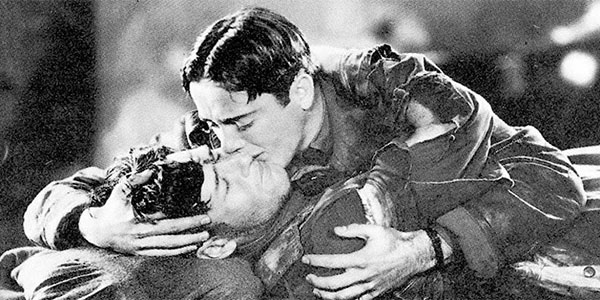
Wings
is acknowledged
as the first Best Picture recipient (although
there was a second award for "Artistic Quality of Production"
- sometimes referred to as "Unique and Artistic Production"
-
which had virtually identical criteria, awarded to Sunrise, which
also
failed to be nominated for Best Director) and was the pet
project of William A. Wellman, who was a flier in WWI and did
some of the stunt piloting in the film. Wellman was overlooked in the
nominations in favor of winner Frank Borzage for Seventh Heaven,
King Vidor for The Crowd and the surprising selection of Herbert
Brenon
for the potboiler Sorrell and Son (who should have been ignored
in
favor of Wellman, F.W. Murnau for Sunrise or Josef von Sternberg
for
The Last Command), as well as nominees for Comedy Direction for
Lewis
Milestone, Ted Wilde and Charles Chaplin (whose name was removed from
the final balloting when he was presented a Special Award instead).
Wellman did receive three Best Director nominations later in his career
and won the award for Original Screenplay for the 1937 version of A
Star is Born.
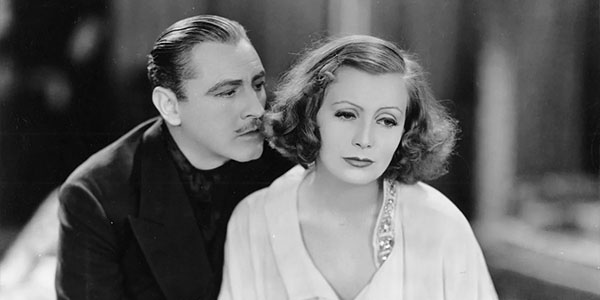
Grand
Hotel is the only film to win the Best Picture Oscar without
any other nominations, which is surprising because it features some
brilliant acting (especially by Joan Crawford in the finest performance
of her career) and a magnificent art deco set design. But its greatest
achievement may have been the direction of Edmund Goulding, who did
a miraculous job of reigning in the All Star egos of his All Star cast.
Goulding was bypassed in the nominations by winner Frank Borzage for
Bad Girl (a ridiculous choice that was credited to Borzage's social
connections within the industry), Josef von Sternberg for Shanghai
Express, and King Vidor for The Champ. Goulding never received
an Oscar nomination in his workmanlike career at MGM, despite
directing Best Picture nominees Dark Victory and The Razor's
Edge.
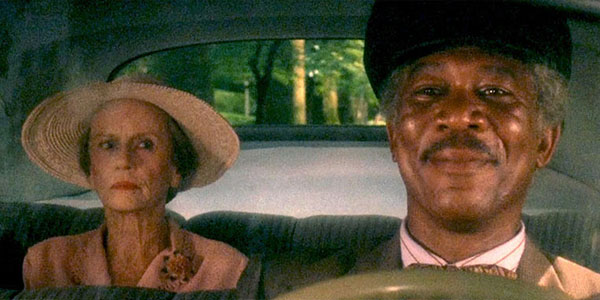
Producer
David Brown complained bitterly in his Oscar acceptance
speech about Bruce Beresford's snub as a Best Director nominee for
Driving Miss Daisy, and deservedly so. Unlike his predecessors
named
above, Beresford had a one-in-five chance of being nominated and saw
Woody Allen for Crimes and Misdemeanors, Kenneth Branagh for
Henry V, Jim Sheridan for My Left Foot, Peter Weir for Dead
Poet's
Society and winner Oliver Stone for Born on the Fourth of July
selected over him. But Beresford's Oscar miss wasn't exactly a brush-off,
since Driving Miss Daisy was named Best Picture by the Golden
Globes and the National Board of Review as well as the Academy,
but Beresford didn't receive so much as a nomination from any
other major awards organization for his direction. Beresford was nominated
for
Oscars for Best Director for Tender Mercies (1982) and Screenplay
Based
on Material from Another Medium for "Breaker" Morant (1979).
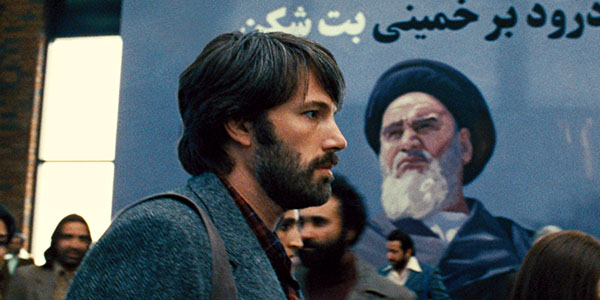
The omission of Argo to receive a Best Director nomination for Ben Affleck (who had one previous Oscar to his credit for the screenplay to Good Will Hunting) was considered a shocking surprise, even moreso after the film went on to win the top prizes from the Golden Globes, BAFTAs, Screen Actors Guild, Writers Guild of America and the Best Director Award from the Director's Guild of America. Its awards momentum carried on at the Oscars as it won the Best Film Editing and Best Adapted Screenplay Awards in addition to the Best Picture prize for producers Affleck, Grant Heslov and George Clooney. With Affleck (and fellow snubbed expected nominees Kathryn Bigelow for Zero Dark Thirty and Tom Hooper for Les MisÚrables) out of the running, the Best Director Oscar was expected to go to Steven Spielberg for Lincoln but was won in a surprise decision by Ang Lee for Life of Pi.
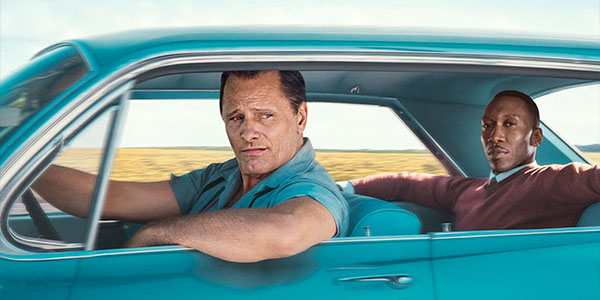
The selection of Green Book, a feel-good buddy comedy about a renowned black jazz pianist (supporting actor winner Mahershala Ali in what was clearly a leading role) and his Goombah bodyguard (Viggo Mortenson) touring the deep south in the 1960s, was considered a stunning upset on Oscar Night. It had won Best Picture from the Producer's Guild of America and Best Comedy/Musical from the Golden Globes but had received mixed reviews for its simplistic approch to racial inequality (director Spike Lee stormed out of the theater in protest when it was named Best Picture and the Los Angeles Times posted an opinion piece moments later saying that it was the worst seletion for that honor since Crash). When its director Peter Farrelly was overlooked among the Best Director nominees, most pundits predicted that Roma, Alfonso Cuarón's exquisitely personal memory piece about Mexico City in the 1970s, would become the first foreign langaurge film to take the top prize. But while the Academy saw fit to award Cuarón the Director and Cinematography Oscars (the first time a director had been duelly honored in those categories), its members just couldn't bring themselves to give the award to a film spoken in a language other than English and chose a crowd-pleaser instead. Posterity may judge that selection harshly.

CODA was regarded as a longshot when the nominations were announced, receiving bids only for Supporting Actor and Adapted Screenplay as well as one of the 10 entries for Best Picture. But when the crowd-pleasing dramedy won big at the Screen Actors Guild and Producers Guild Awards, it was considered the front-runner on Oscar Night. Power of the Dog was considered the early favorite after leading in nominations but the Netflix-backed Western polarized audiences with its sluggish pace and meandering story and after it came up short in SAG and PGA hardware, it had lost momentum (although Jane Campion did win the Directors Guild Award for it and would go on to become only the third person in history to win a directing Oscar for a film that failed to win in any other categories). CODA is at its heart formulaic fluff tht doesn't typically get anywhere near the Oscars but charismatic performances by Emilia Jones as the one hearing member of an otherwise deaf family and Oscar winner Troy Kotsur, Marlee Matlin and Daniel Durant as the quirky brood sold writer/director
Sian Heder's Oscar-winning screenplay beautifully.
The
only films to win Best Picture without a writing nomination are:
Wings (1927/28)*
The Broadway Melody (1928/29)
Grand Hotel (1931/32)
Calvacade (1932/33)
Hamlet (1948)
The Sound of Music (1965)
Titanic (1997)
* Sunrise was also overlooked in the writing nominations
|
